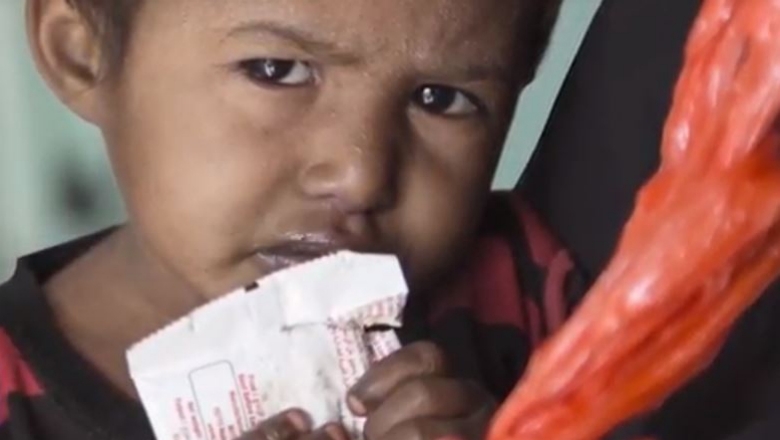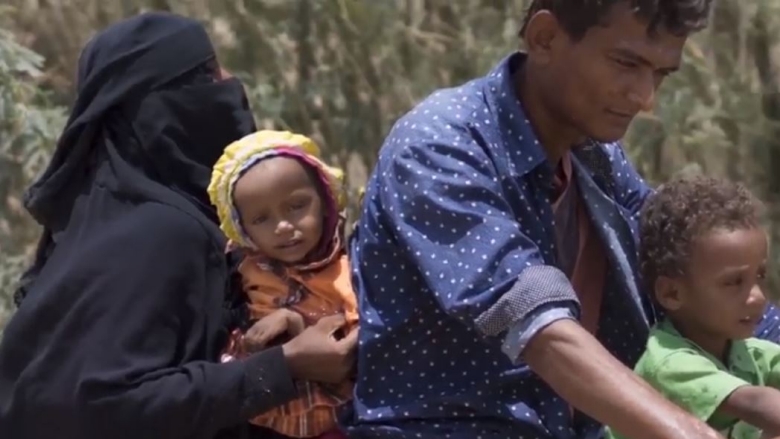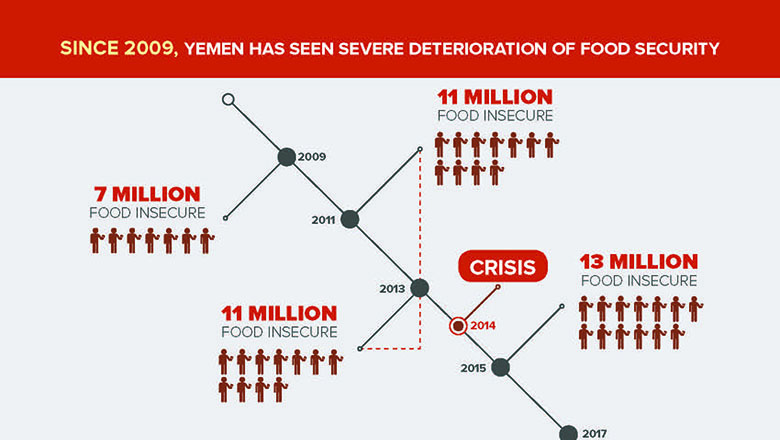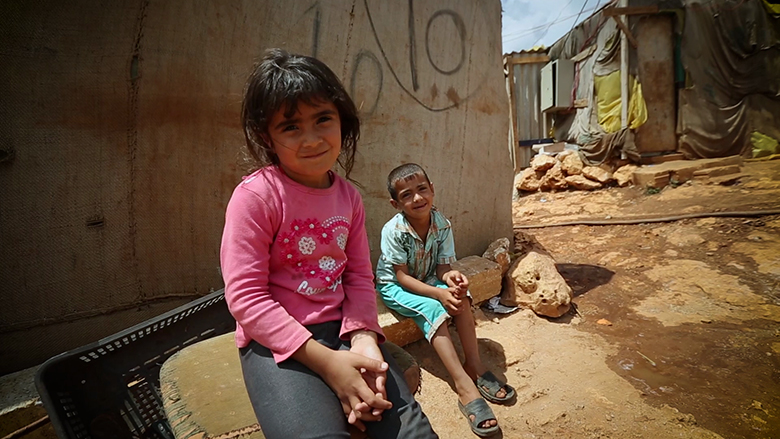CONTEXT
The risk of famine and severe food security crises continues to threaten millions of people. Before the outbreak of COVID-19, 135 million people faced crisis levels of food insecurity – a number that was expected to double by end of 2020 due to the protracted impacts of the pandemic and other shocks. The effects of these crises are long lasting, derailing hard-won development gains and often leading to increased rates of child mortality and stunting. Global needs will continue to test the limits of an already overburdened and underfunded international humanitarian system.
There is considerable evidence that responding earlier to emerging food security crises saves lives, reduces suffering and significantly increases the cost-effectiveness of deployed resources. Such efforts have even been shown to lower humanitarian costs by as much as 30 percent, providing an average savings of US$2.8 for every US$1 invested.
STRATEGY - THE FAMINE ACTION MECHANISM (FAM)
The Famine Action Mechanism (FAM) is a global partnership dedicated to scaling up anticipatory and early action to protect lives and livelihoods from emerging food security crises. The FAM was launched in 2018 out of a recognition across the international community that food security crisis warnings often do not translate into consistent and early responses. Over the last decade, food security experts have shown that many lives and significant resources could be saved if financing and action were linked to these early warnings, and the FAM partnership has sought to make these links a reality.
Anticipatory and early actions are taken before the major impacts of a crisis fully materialize whereas crisis response is action taken after such impacts are well underway:
Anticipatory action refers to actions taken in anticipation of a crisis based on historical exposure or forecasted risks
Early action refers to actions taken upon confirmed and early signs of an emerging crisis to mitigate expected impacts on affected people and their livelihoods.
The FAM has focused on three areas of collaboration to bolster the anticipatory and early action agenda for food security crises:
Food Security Crisis Risk Analytics: Building on existing early warning systems such as the Famine Early Warning Systems Network (FEWS NET) and the Integrated Food Security Phase Classification (IPC), the FAM has explored the use of statistical models to help predict the outbreak of food crises and to simulate crisis scenarios over longer time horizons (see summary of this approach in this blog.) This preliminary work seeks to complement existing warning systems and contribute to the international community’s analytical toolkit for assessing food security crisis risks.
Anticipatory and Early Action Financing: The FAM has led innovative work exploring the potential use of market-based instruments to cover food security crisis risk. A study related to this work is being finalized, and key findings will be shared publicly. The FAM has also helped inform the development of the IDA19 Crisis Response Window Early Response Financing (CRW ERF) – a new financing modality which supports earlier responses to slow-onset crises, including food security crises. Additionally, the FAM has helped inform anticipatory action pilots led by World Bank partners such as OCHA’s Central Emergency Response Fund (CERF).
Anticipatory and Early Action Programming: The FAM has conducted country-level consultations in Afghanistan, Chad, Somalia, South Sudan and Yemen to identify specific challenges and ways to support anticipatory and early action programming. This work has led to an Anticipatory Action Plan in Somalia as well as project-level collaborations between the World Bank and its partners (see Somalia’s Shock Responsive Safety Net for Human Capital Project). Additionally, the FAM has helped lead a food security-informed portfolio review of the World Bank’s projects in Chad.
The FAM also provides an important platform to share information and discuss emerging food security crisis trends. On June 4, 2020, the FAM’s Global Technical Working Group met to discuss the imminent impacts of COVID-19 on food security crises (captured in Responding to the Emerging Food Security Crisis.) COVID-19 is worsening food security conditions globally and driving higher assistance needs across 29 countries, 27 of which are IDA countries. The FAM is working closely with partners to catalyze earlier responses to get ahead of emerging food security crises and the ongoing long-term impacts of COVID-19.
PARTNERS
FAM partners include the World Bank, donors (Canada, Denmark, EU, France, Germany, Italy, Netherlands, Norway, Sweden, Switzerland, UAE, UK, US), UN agencies (FAO, IFAD, OCHA, UNDP, UNICEF, WFP, WHO), ICRC and IFRC, (I)NGOs (Action Against Hunger, Concern, Mercy Corps, Oxfam, Save the Children, START) and data institutions (CILSS, FEWS NET, IPC, UN Centre for Humanitarian Data).



